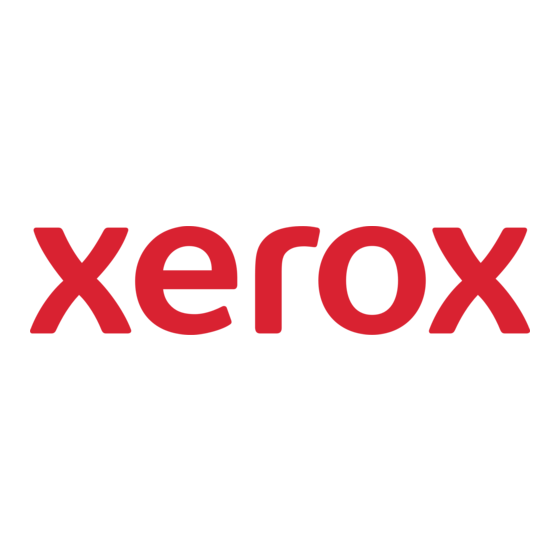Xerox 6100BD - Phaser Color Laser Printer Руководство - Страница 25
Просмотреть онлайн или скачать pdf Руководство для Принтер Xerox 6100BD - Phaser Color Laser Printer. Xerox 6100BD - Phaser Color Laser Printer 34 страницы. Disk overwrite installation and usage
Также для Xerox 6100BD - Phaser Color Laser Printer: Руководство по установке (34 страниц), Технические характеристики (2 страниц), Руководство пользователя (32 страниц), Брошюра и технические характеристики (4 страниц), Руководство пользователя (28 страниц), Руководство по установке (2 страниц), Руководство по безопасности (38 страниц), Руководство по установке (2 страниц), Примечание к выпуску (2 страниц), Руководство по началу работы (37 страниц), Руководство (34 страниц), Руководство по началу работы (34 страниц), Руководство пользователя (32 страниц), Руководство (11 страниц), Руководство по установке и эксплуатации (8 страниц)

